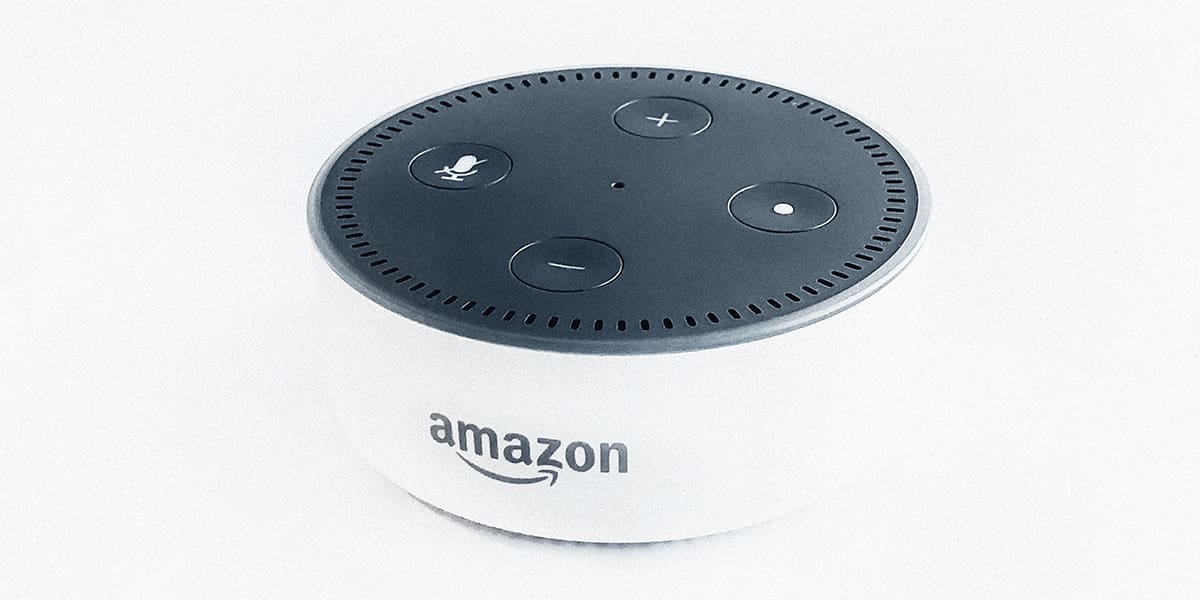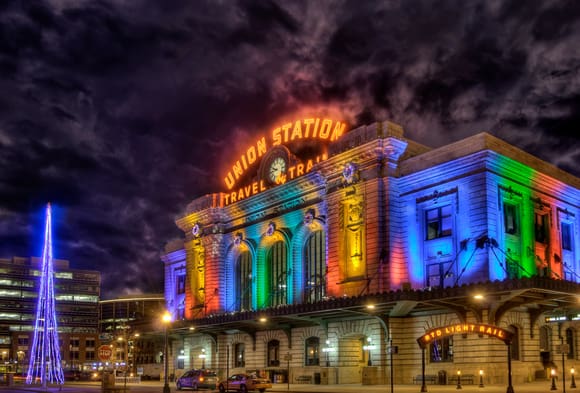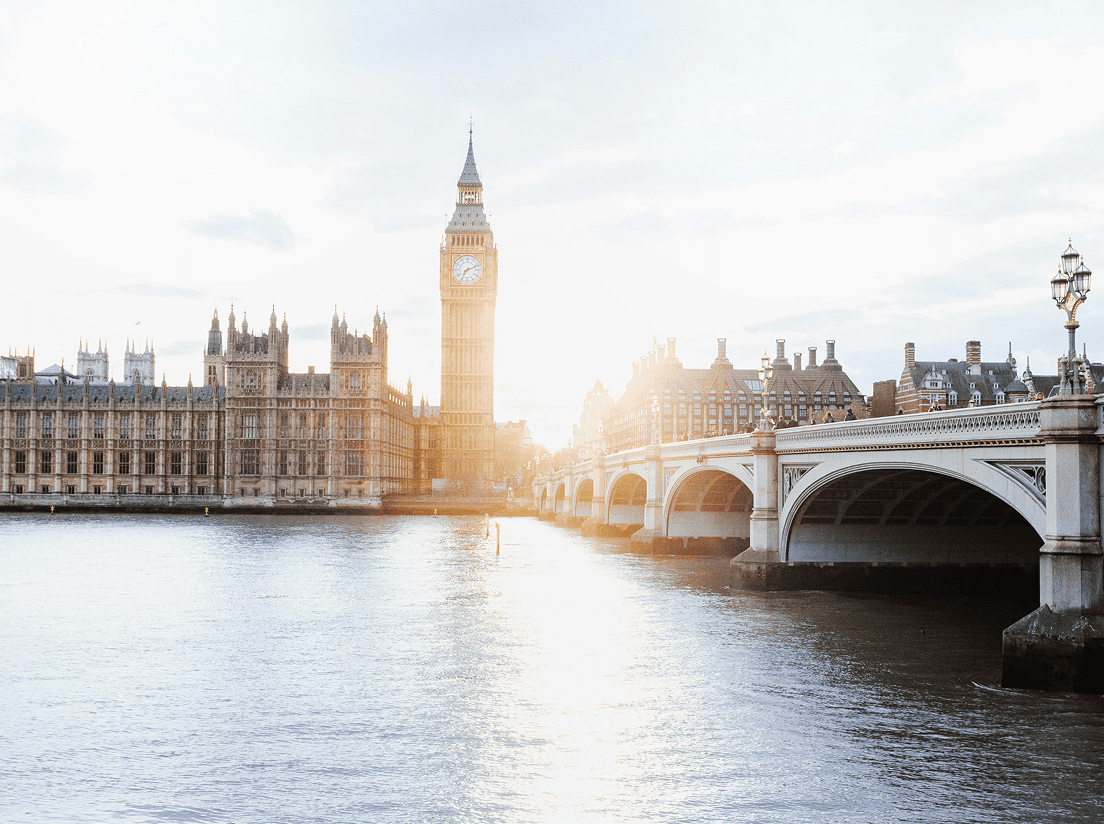
Hey, Alexa. What is “Alexa for Hospitality?”It’s a question hoteliers are asking their industry peers, and possibly their virtual assistants.Smart speakers are predicted to reach a global install base of 100 million this year. Amazon’s Alexa is by far the most popular virtual voice assistant on the market. Roughly two-thirds of those who have adopted the use of a smart speaker use an Amazon device, surpassing competing products such as Google Home (just 30%) and Apple’s HomePod, which has yet to make much of a blip on the radar.Beyond market penetration, Alexa has infiltrated pop culture and sketch comedy, filling roles on TV and in film, and when most people imagine speaking to an artificial intelligence, it’s Alexa’s voice they hear in their head.Well into a phase of mass consumer adoption, with a predicted 300 million devices on the market by 2022, it makes sense to explore what smart speaker technology can offer hospitality.Amazon has become the first to enter this space, recently launching its first variation of Alexa for a designated industry.Alexa for Hospitality has arrived. Here’s what hotel marketing teams need to know.
What is Alexa for Hospitality?
Alexa for Hospitality is a customized version of Amazon’s voice assistant that provides all of the out-of-the-box, internet-connected skills people expect, as well as a hospitality-specific skillset and hooks for direct communication with a hotel’s local network.
If the goal is to simply integrate smart-home style features into the guest experience (turning off lights, regulating room temperate), it’s an easy addition. For hotel management teams looking to overhaul their communications from the bottom up, there are powerful features that empower Alexa to handle everything from billing queries, to room service, to housekeeping requests, to full concierge service.
How does Alexa enhance the guest experience?
Like millions of people are accustomed to doing at home, travelers can make simple, intuitive requests, such as “set the heat to seventy degrees,” removing the need to decode the thermostat. Guests can ask Alexa to “dim the lights” and get an affirmative response and immediate result. For guests, this simplified experience lowers the level of stress that comes with acclimating to a new hotel.
Crucially, the platform can also be used to send direct requests to the hotel team, streamlining the process of food orders, housekeeping deliveries, and the like. Guests never need to be put on hold. Multiple, simultaneous requests can be fielded, with relevant team members receiving an alert, a queue of tasks to accomplish, and an opportunity to execute those tasks efficiently.
On the guest side, they simply ask Alexa for help on demand. In its most customized format, Alexa for Hospitality can even provide custom-tailored responses much as a trained concierge would, even prioritizing a hotel’s preferred partners and outlets when a guest asks for sightseeing, dining or activity recommendations.
Where’s the potential return on investment?
Alexa for Hospitality is new, having just been rolled out mid-2018. The long-term benefits of a powerful voice assistant with hospitality-specific skills are yet to be known, but there are comparable models that suggest the potential.
There’s a track record of efficiency boosting from the similar Alexa for Business. The software suite, utilized by such diverse companies as Capital One, Vonage and Brooks Brothers, has garnered positive feedback, as least per Amazon’s official website, with the most common praise being an increase in productivity.
Alexa for Hospitality may ultimately increase per-employee productivity;
- Streamlining communication, with hotel staff simply receiving a queue of prioritized tasks without dedicating team members to taking guest calls and delegating to the appropriate person for a particular task.
- Adding room and property introduction support, with Alexa helping new guests familiarize themselves with their room, and the property in general, rather than the bell staff or other team member personally listing key features.
- One-and-done answers to guest queries. No need for follow-up from employees that get asked a question they don’t readily have an answer for. Alexa’s responses are cataloged and completely uniform. This eliminates confusion, leading to fewer back-and-forth calls with the front desk or concierge team.
The technology many just revolutionize the hospitality teams allocate their time, and could very well lead to boosts in overall productivity.
Should your team immediately budget for an Echo Dot in each guest room? Not necessarily. Just because Marriott is proceeding with mass integration doesn’t mean it’s a fit for every property.Understanding how technologies such as virtual voice assistants, IoT (Internet of Things) and automation are shaping the future of travel, however, is the first step in evaluating which technologies are most practical to integrate. (Bonus read from Screen Pilot: Personalization, Innovation & Technology – The 2018 Travel & Hospitality Outlook.). And while hospitality teams that neglect the “human” aspect of travel do so at their own peril, the potential of Alexa for Hospitality is nonetheless intriguing.
Did you enjoy the read?
Get original hospitality industry insights delivered to your inbox. Sign up to receive Screen Pilot’s #TrendingNow Newsletter.






